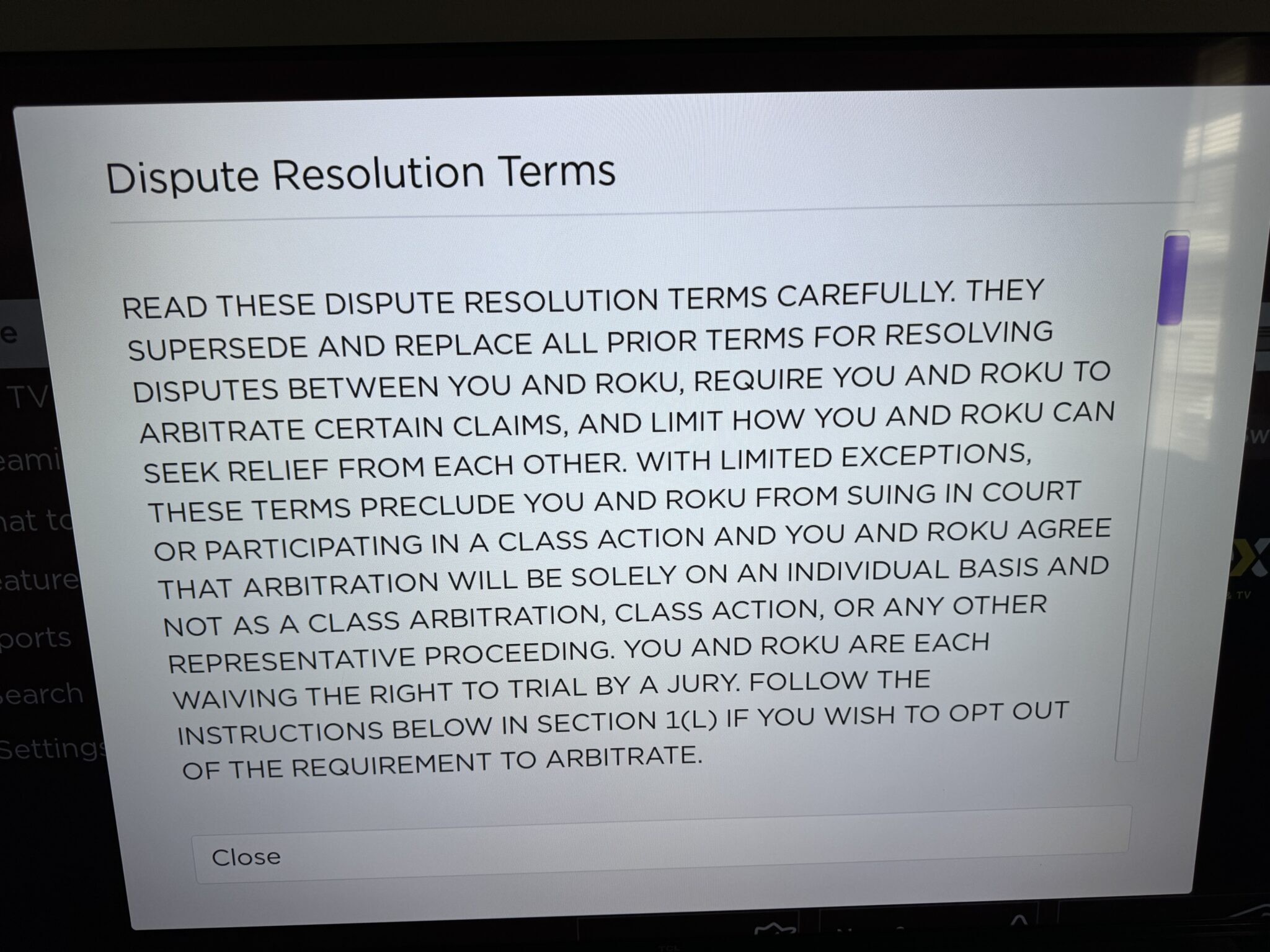this post was submitted on 03 Mar 2024
1510 points (98.6% liked)
Technology
60239 readers
3464 users here now
This is a most excellent place for technology news and articles.
Our Rules
- Follow the lemmy.world rules.
- Only tech related content.
- Be excellent to each another!
- Mod approved content bots can post up to 10 articles per day.
- Threads asking for personal tech support may be deleted.
- Politics threads may be removed.
- No memes allowed as posts, OK to post as comments.
- Only approved bots from the list below, to ask if your bot can be added please contact us.
- Check for duplicates before posting, duplicates may be removed
Approved Bots
founded 2 years ago
MODERATORS
you are viewing a single comment's thread
view the rest of the comments
view the rest of the comments

The fact that this is actually legal makes me glad to live in the EU. Damn, this shit is bleak.
It probably isn't legal most places. EULAs are already considered fairly flimsy in terms of enforcement, but changing an EULA after you've already bought a device, in such a way as to reduce your statutory rights, is almost certainly a complete non-starter.
Watched the other day video about always online games being terminated and Ross, guy behind "Freeman's mind" is starting world wide legal action against Ubisoft and some others. He talked specifically about EULAs in US and they are like promises from god. If you accept them suing the company for anything covered there becomes a nightmare. Here's a link. It's a bit longer watch, but worth it. But in short, in USA what can be written in EULA is almost unlimited. Example he gave was that you can accept for game developer to have the right to kill your dog if you buy their game and they would have a complete right to do so, you wouldn't be able to call the cops on them for animal abuse until you disproved and had EULA brought down on court first.
Document he's linking to which describes this whole mess in regards to games and pre-orders and similar. But also touches on EULAs.
Here is an alternative Piped link(s):
Here's a link
Piped is a privacy-respecting open-source alternative frontend to YouTube.
I'm open-source; check me out at GitHub.
Is it really legal, though?
IANAL, so take this with a grain of salt, but from my understanding, Its legal, though it may be unenforceable. If I want to sue them, they will say I agreed to arbitration in the contract, I will ignore that and continue to file. They will counter-file that I agreed to arbitration by accepting the EULA and that the case should be dropped, I will counter-file that I only agreed to it under duress because it was either agree or throw away my TV and that the arbitration clause is invalid because of X, Y or Z. At this point either the Judge will decide to listen to arguments from both sides then make a decision or will decide based on the undisputed facts presented by both sides and will either invalidate the EULA and allow the lawsuit to continue, or will uphold the EULA and drop the case with prejudice, or will allow me to make another argument and drop the case without prejudice allowing me to re-file with a better case.
The issue is, is it worth it to spend that kind of time and money for it in the first place? If you don't have an open and shut case and can't file in a state where you can make Roku pay the legal fees, in general whatever you're trying to accomplish will cost you more than just getting off their ecosystem, which is what they are counting on. Since you would have to sue them just to see if you can sue them, it just adds extra time, money, and effort into suing them that it is more likely to deter people from actually suing and instead choosing to arbitrate under their terms which, depending on the ethical considerations of the company, could be fair or it could be heavily skewed in their favor. At which point you can decide at that point if you should sue and then will also have any evidence acquired about an unfair arbitration in the filings as well.
Either way, the legality is perfectly legal to be in an EULA, its enforceability though is mostly only backed by how much time, money, and effort it would take to bypass it. Like if there is an open door with a sign saying "Please use next door" and the next door leads to the same place as the open door. Most of us will just use the next door because its not worth the effort to deal with whatever issue might occur if we used the open door. But if the "next" door is locked, we'd just go in the open door because its no longer worth the effort to deal with procedures the company wants.
Thanks. What a fucked up system, man.